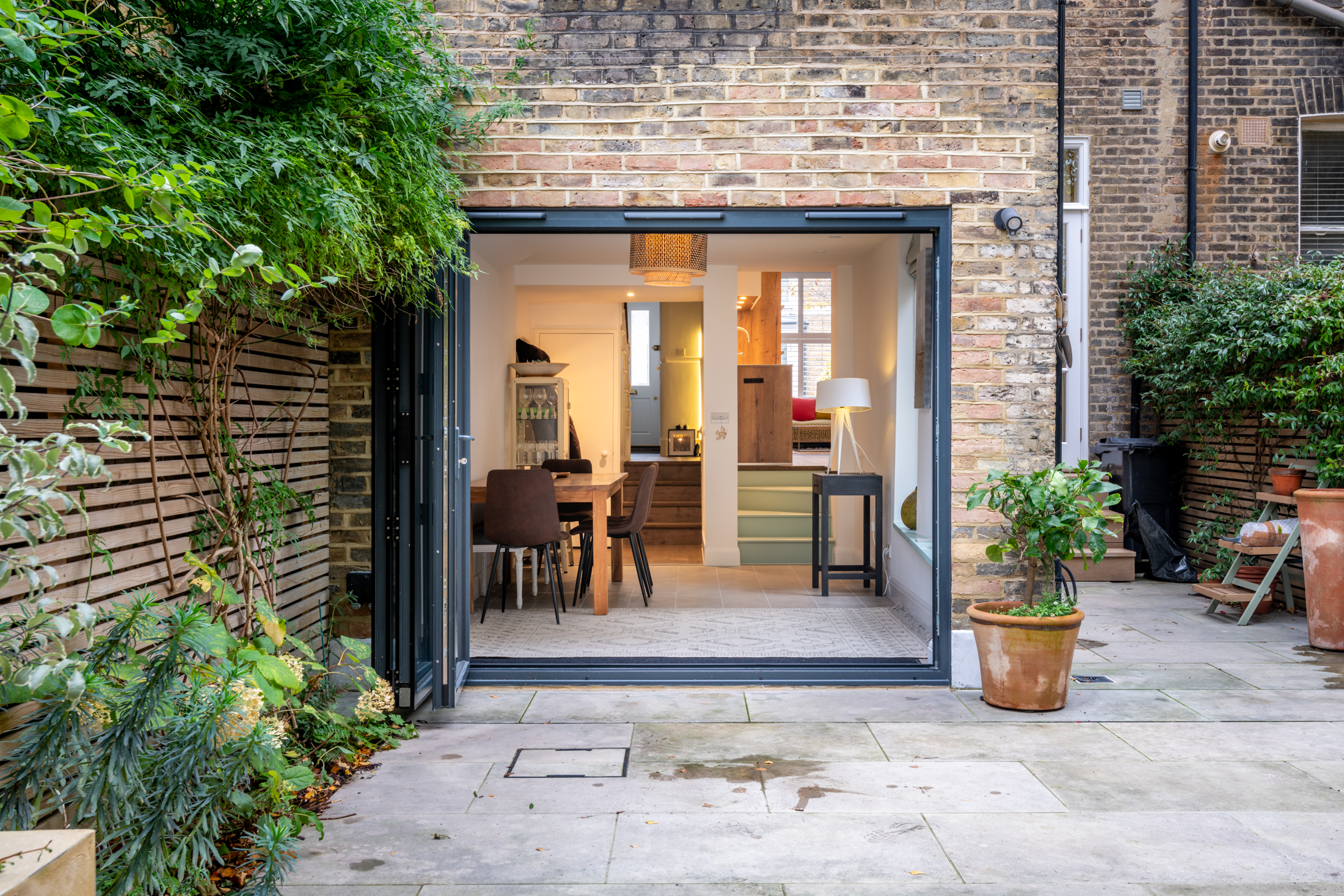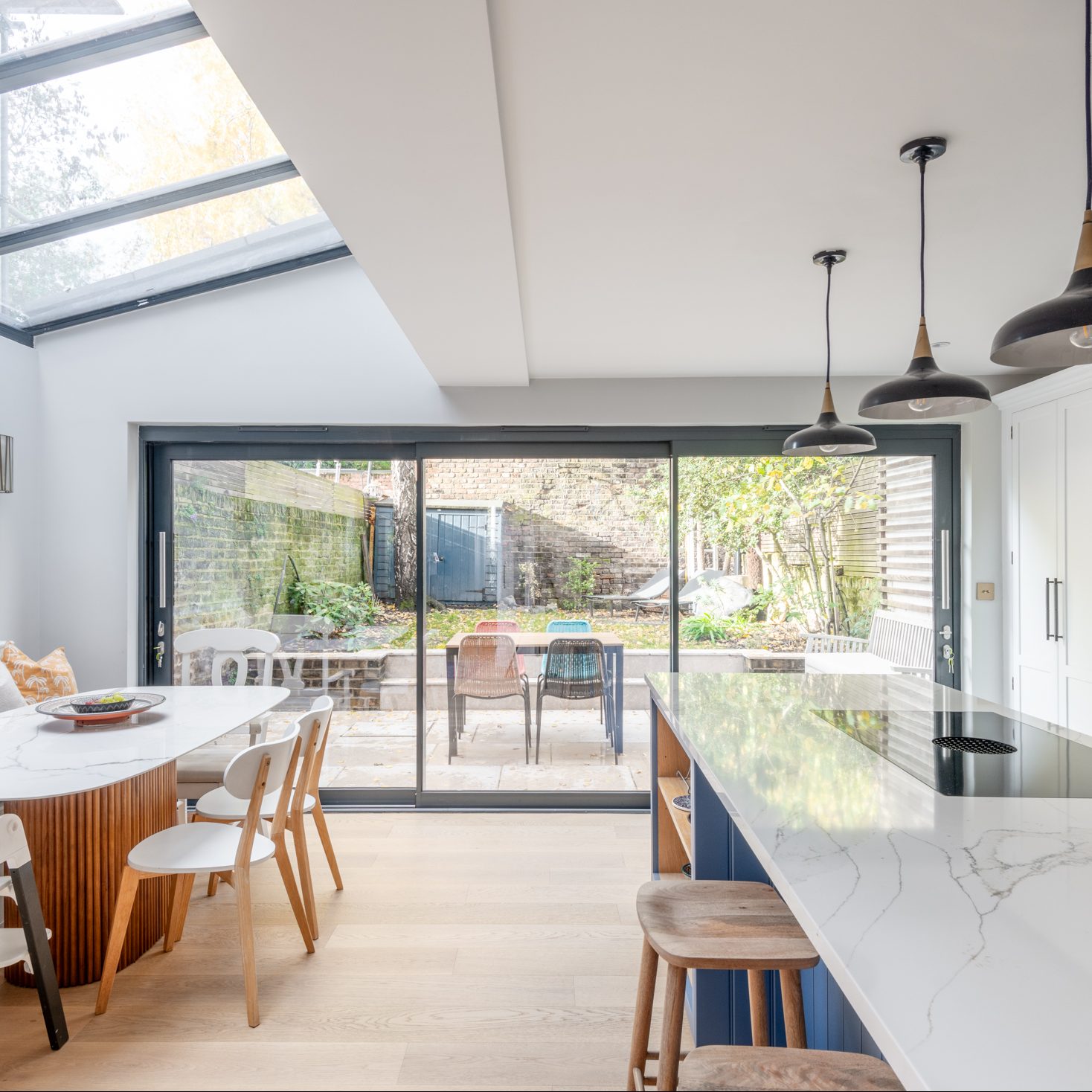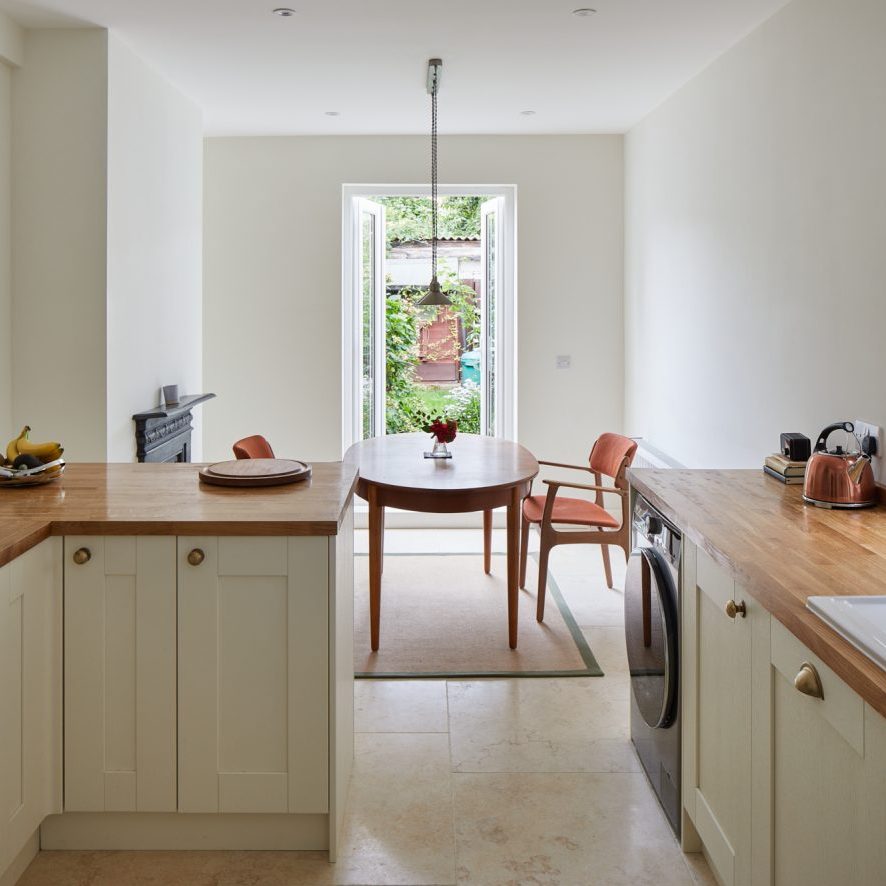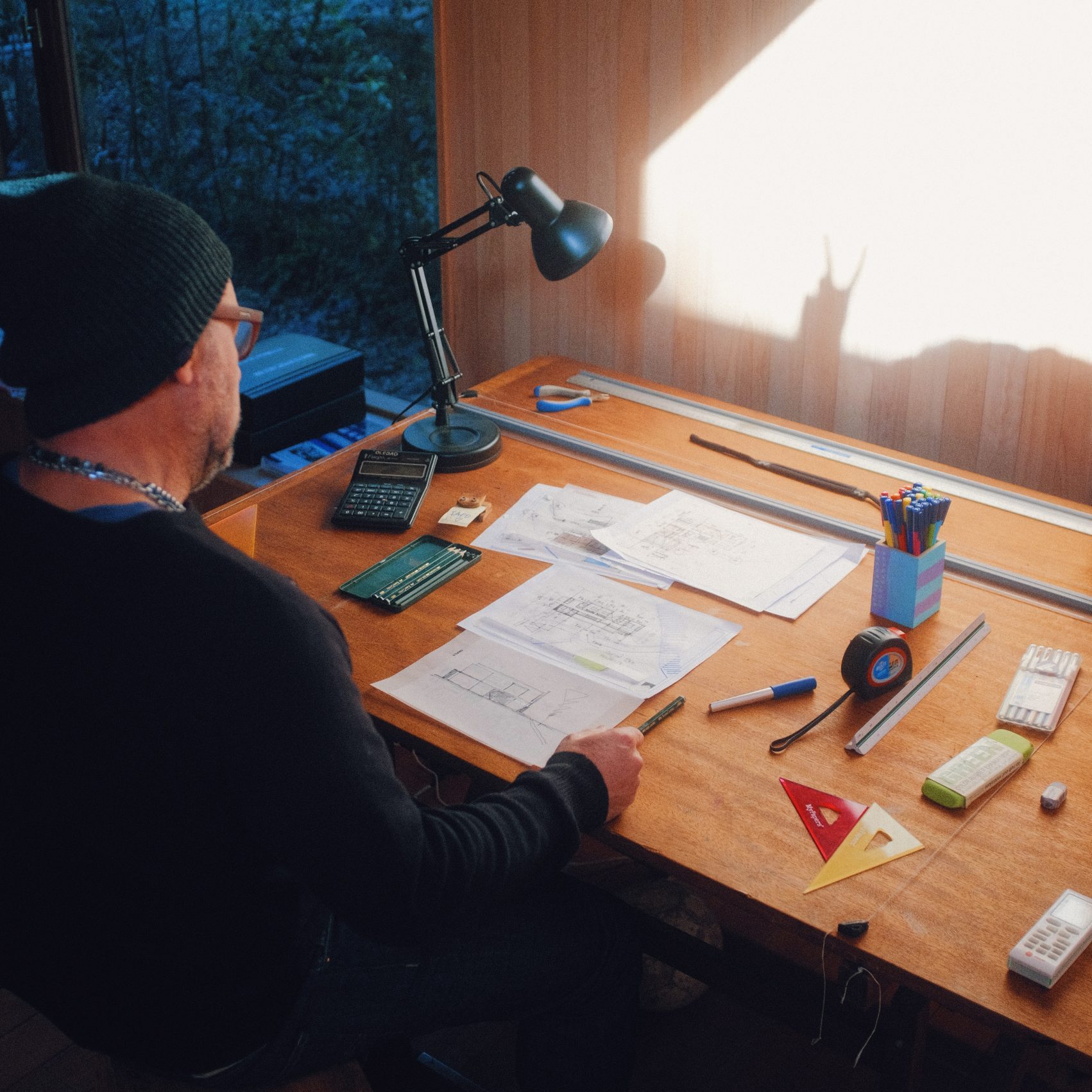ROI in Real Estate: The Impact of Kitchen Extensions
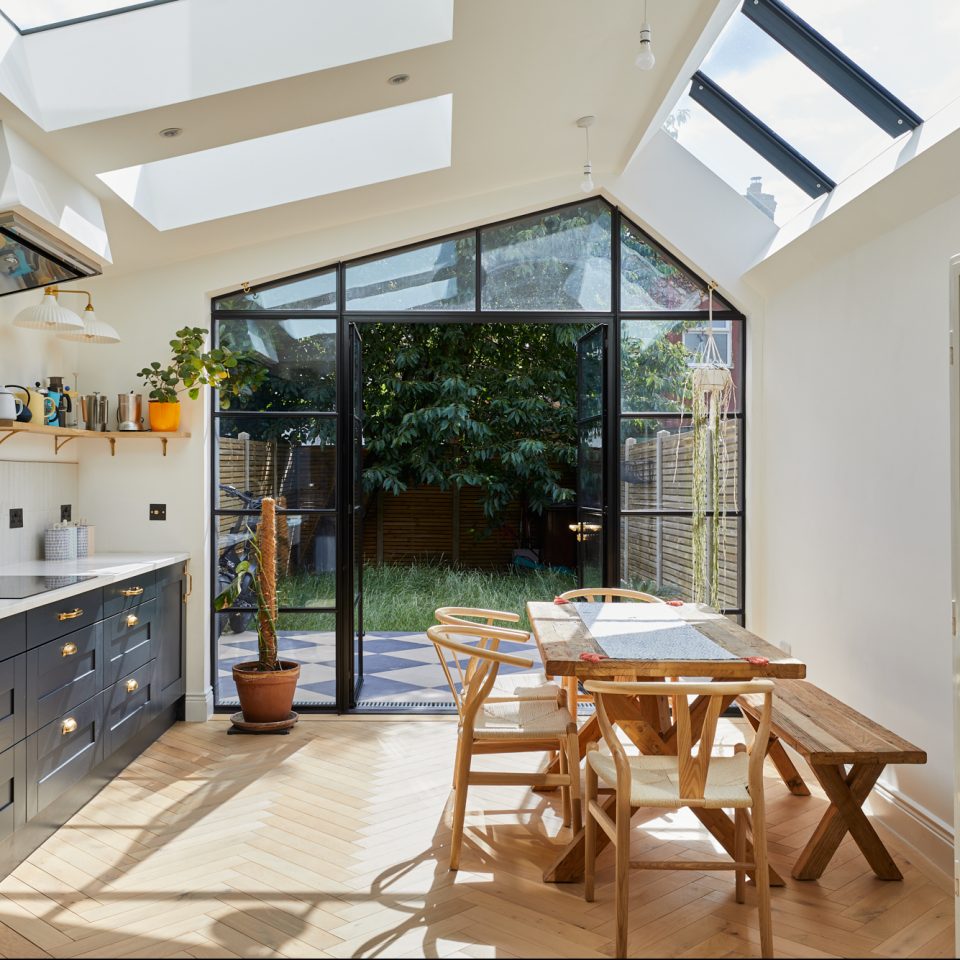
By Harry Molyneux, Director at My-architect, London
For many homeowners, the kitchen is the heart of the home—a bustling hub of activity, culinary exploration, and memory-making. However, beyond its intrinsic value, investing in a kitchen extension can also significantly influence a property’s market value. In an era where space, aesthetics, and functionality rule supreme in real estate, understanding the return on investment (ROI) of such ventures becomes pivotal, especially for those aiming for projects exceeding £100k.
1. The Kitchen’s Stature in Home Valuation
When prospective buyers or valuers walk into a home, the kitchen often becomes a focal point. A well-executed, spacious, and modern kitchen can significantly enhance a property’s appeal and, by extension, its market value. Thus, when calculating costs for a home renovation, the potential increase in property value due to the kitchen should be a prime consideration.
2. Deciphering the Numbers with Digital Tools
To anticipate the potential ROI of a kitchen extension, homeowners can leverage various digital tools, including a cost calculator. These calculators can offer preliminary estimates on home extension costs and the potential appreciation in property value. While they provide a ballpark figure, a more detailed consultation with professionals can refine these numbers, juxtaposing the home renovation costs against the anticipated market value enhancement.
3. Functional and Aesthetic Enhancements
While extending a kitchen inherently offers more space, the true value lies in how this space is utilised. Integrating state-of-the-art appliances, creating an open-plan layout, or incorporating an island can make the kitchen more functional. Coupled with aesthetic enhancements like premium countertops, innovative lighting, and bespoke cabinetry, the kitchen becomes a veritable showstopper, greatly augmenting the home’s appeal.
4. Comparing Kitchen Extensions to Other Renovations
While kitchen extensions undeniably offer substantial ROI, it’s wise to weigh them against other potential renovations. For instance, loft conversion costs might be comparable to a kitchen extension, but the ROI could vary based on market demand and the property’s location. Research and expert consultations can provide clarity on which renovation or extension yields the highest return.
5. Future-proofing the Investment
Trends in kitchen design, much like all interior design, evolve over time. While it’s tempting to adhere strictly to current trends, considering timeless design elements ensures the kitchen remains relevant and appealing for years to come. Opting for neutral palettes, classic finishes, and high-quality materials can future-proof the investment, ensuring sustained ROI.
In Conclusion
The decision to extend a kitchen, both in terms of space and features, is a substantial financial undertaking. However, when executed with precision, attention to detail, and foresight, the rewards, both in terms of daily utility and ROI, are significant.
For homeowners contemplating this venture, remember to strike a balance between current desires and future returns. Calculating costs, leveraging tools like a cost calculator, and consulting professionals can help in shaping a vision that’s not only personally fulfilling but also financially rewarding.
In the intricate dance of real estate valuation, a well-designed kitchen extension undoubtedly takes centre stage, promising returns that resonate well beyond the culinary delights it hosts.

